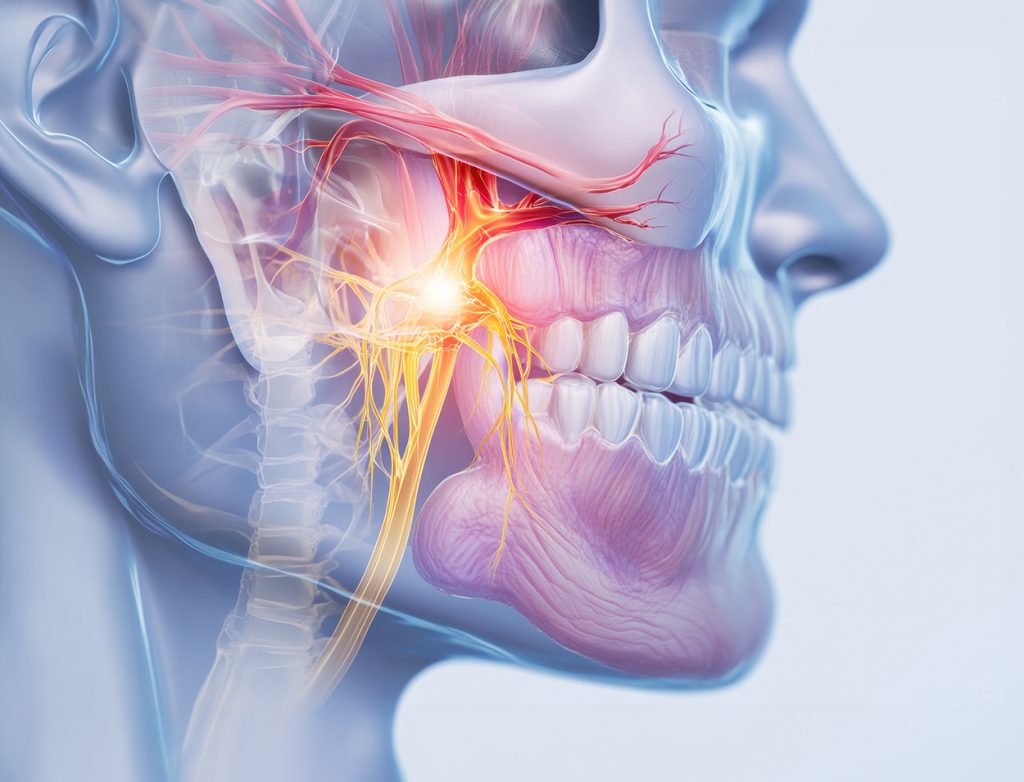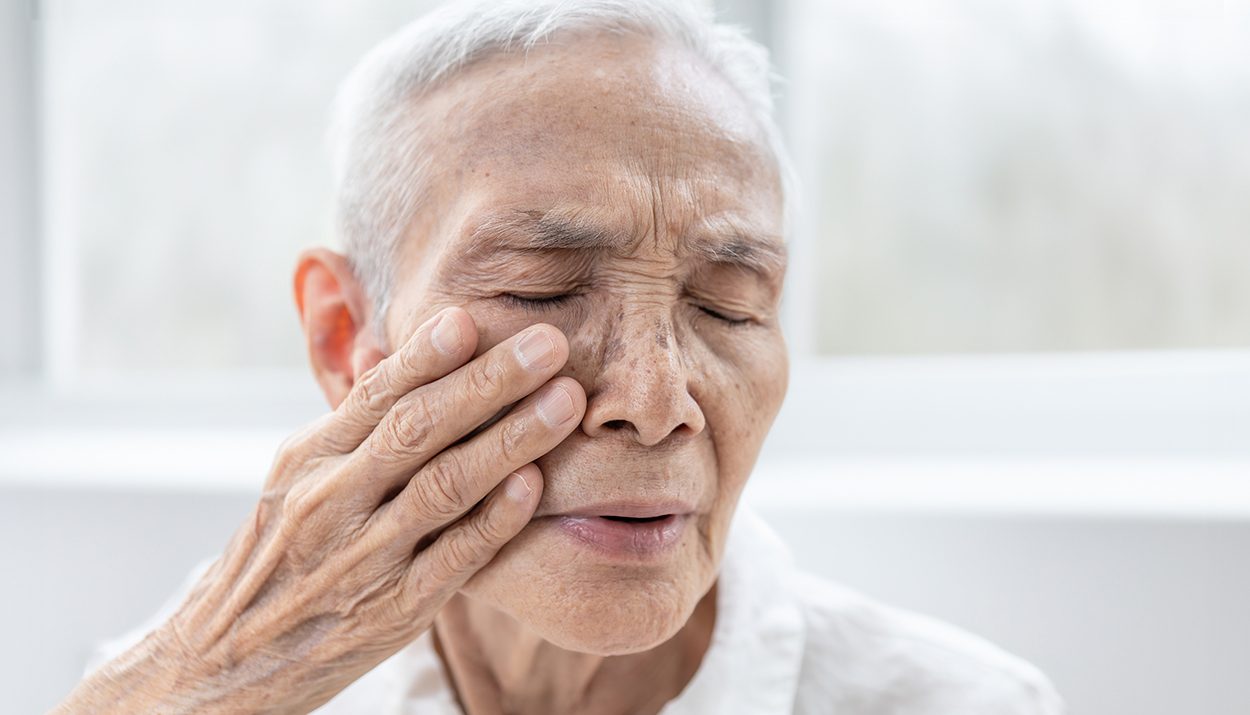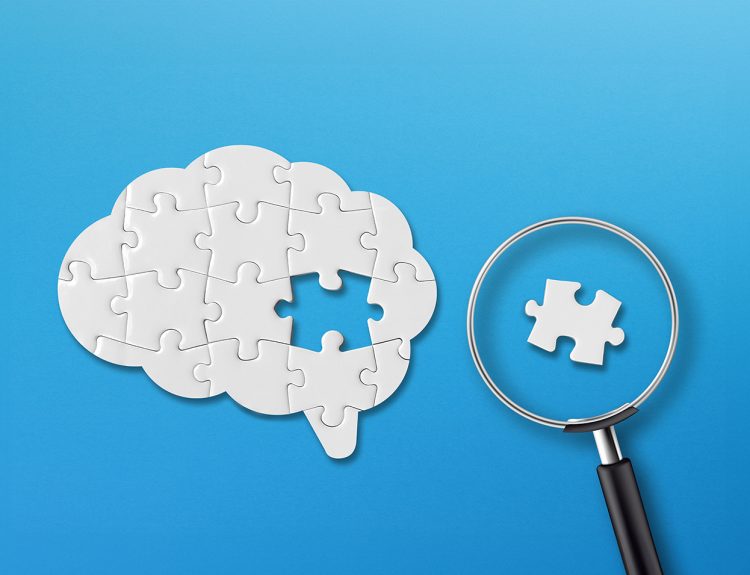SUMMARY
Trigeminal Neuralgia, also known as “tic Doloreux,” is a debilitating condition marked by severe, stabbing pain in the facial region, often described as an electric shock. This pain typically affects one side of the face, including the frontal-orbital area, cheek, and jaw. It is usually triggered by speaking, chewing, or light touch.
Initially, pain episodes may be brief and infrequent. But over time, they tend to become more intense, frequent, and prolonged. The primary cause of trigeminal neuralgia symptoms is irritation of the trigeminal nerve.
INTRODUCTION
Trigeminal Neuralgia affects 2 to 6 people per 100,000 individuals, with 4 to 20 new cases occurring annually per 100,000 people. The condition is more frequently diagnosed in countries with better healthcare systems due to improved diagnostic and research capabilities. Women are about three times more likely to be affected than men. The condition commonly impacts the second and third branches of the trigeminal nerve.
While trigeminal neuralgia can affect adults at any age, it is most common in those over 50,
particularly between ages 60 and 70.
This case study highlights how combining conventional and alternative medicine approaches is effective in managing trigeminal neuralgia and helping patients maintain a good quality of life.
PATIENT PROFILE
- Age: 53 years
- Gender: Male
- Location: Tuscany
- Occupation: School Principal
MEDICAL HISTORY
- Diagnosis: Trigeminal Neuralgia
- Duration of Condition: 15 years
- General Health: Mild monoclonal gammopathy (no medical treatment required)
- Previous Treatments: Offered Carbamazepine-based therapy but declined medication
CURRENT TRIGEMINAL NEURALGIA TREATMENT APPROACH
- Choice of Therapy: Opted for non-conventional natural treatment
- Treatment Details: Underwent ten trigeminal neuralgia acupuncture sessions combined with traditional Chinese medicinal herbs over one year
The patient, having suffered from Trigeminal Neuralgia for 15 years, chose to explore non-drug alternatives after a neurological examination suggested Carbamazepine-based therapy. He decided to pursue acupuncture and herbal medicine as a complementary approach to managing trigeminal neuralgia.
SIGN & SYMPTOMS

The trigeminal neuralgia patient experienced severe stabbing pain on the left side of his face, especially around the tongue area. This intense discomfort significantly impaired his ability to chew and worsened with exposure to cold and humidity.
The onset of these trigeminal neuralgia symptoms was likely linked to dental surgery for periodontal disease. Despite the severity of his pain, the patient remained hopeful and receptive to exploring alternative treatment options.
TREATMENT MODALITIES
In traditional Chinese medicine, Trigeminal Neuralgia is believed to be caused by a deficiency in the kidney’s yin, which supports the nervous system. This deficiency can result from significant physical or emotional stress, particularly in women during menopause.
I explained how traditional Chinese medicine for trigeminal neuralgia works and recommended a treatment plan. The patient underwent ten acupuncture sessions over a year and took an herbal remedy called LIU WEI DI HUANG WAN, which supports kidney function.
The remedy includes various herbs such as:
- Rehmannia root
- Cornus fruit
- Dioscorea rhizome
- Paeonia root
- Poria sclerotium
- Alisma rhizome
Additionally, I prescribed 200 mg of Carbamazepine daily for three months, with a gradual reduction plan. After a year, the trigeminal neuralgia patient fully recovered. He now maintains his health with three annual trigeminal neuralgia acupuncture sessions and is enjoying retirement.
PROGNOSIS AND FUTURE DIRECTIONS
The prognosis for patients with Trigeminal Neuralgia can vary widely depending on the underlying cause, severity, and response to treatment. With appropriate management, many patients experience significant relief from symptoms and improved quality of life.
Traditional and non-conventional treatments, such as acupuncture and herbal remedies, have shown promise in alleviating symptoms and addressing underlying issues, such as kidney yin deficiency. Combined with conventional therapies like Carbamazepine, these approaches can offer comprehensive symptom control and potentially lead to long-term recovery.
Patients who adhere to their treatment plans and regularly follow up with their healthcare providers are more likely to achieve sustained relief. Ongoing monitoring and adjustments to treatment strategies are crucial for optimizing outcomes.
In cases where symptoms persist or recur, further evaluation and alternative therapies may be considered to enhance patient well-being and functional status.

An experienced general practitioner from Rome specializing in general medicine. He is also an acupuncture, traditional Chinese medicine, and homeopathy expert.






